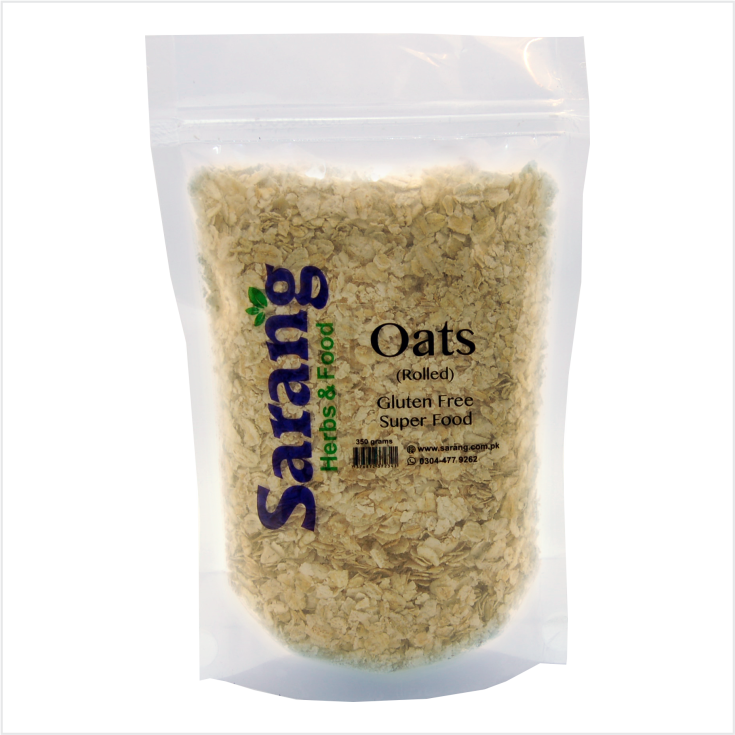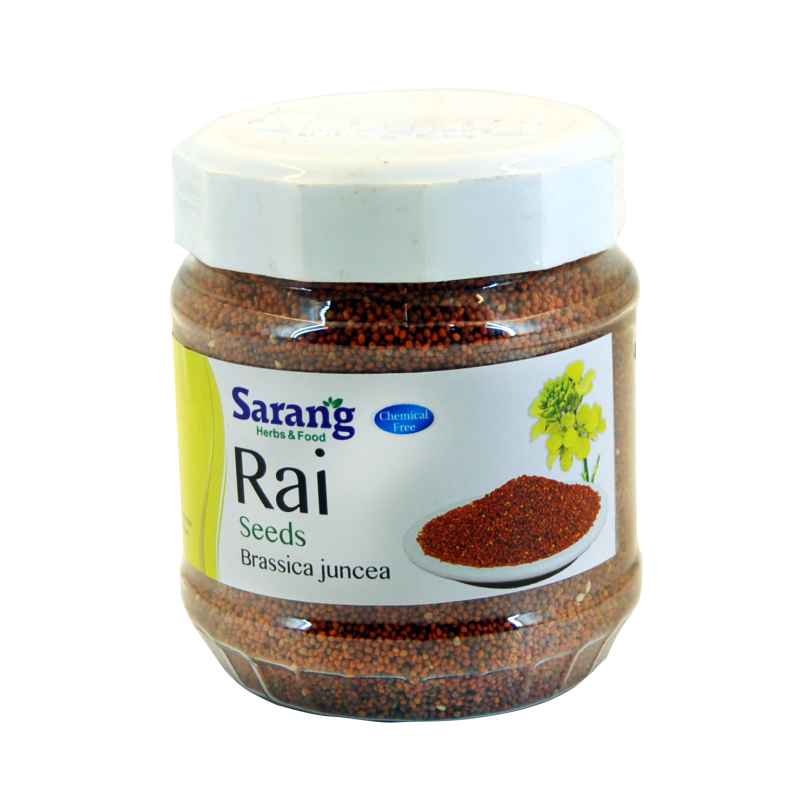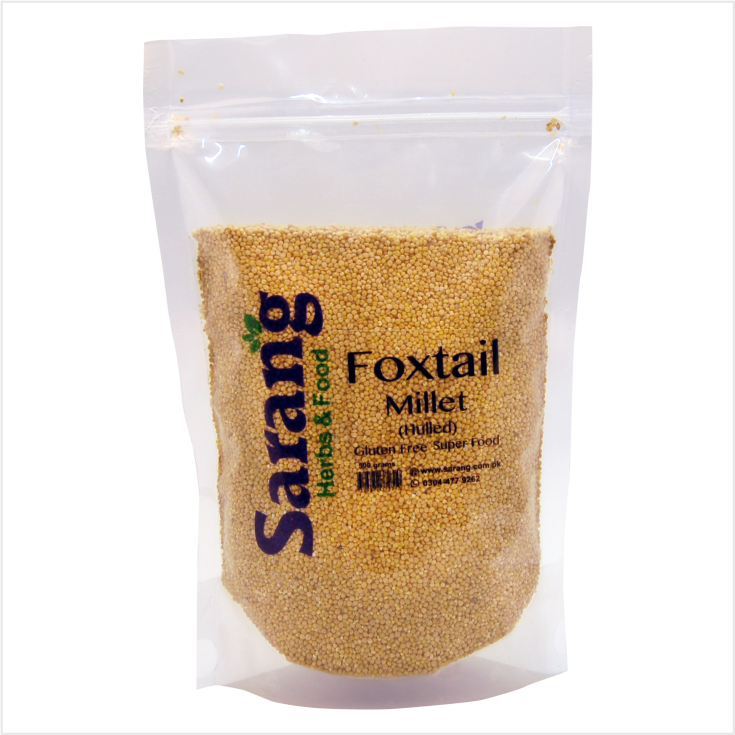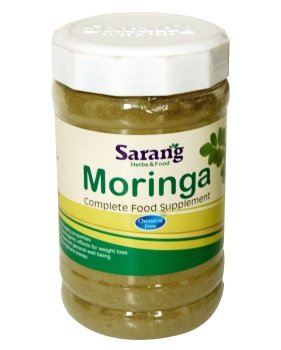Description
Buckwheat
Common buckwheat (Fagopyrum esculentum)
Buckwheat is a pseudo cereal, which is a type of grain that doesn’t grow on grasses but is used similarly to other cereals.
It is gluten-free, a good source of fiber, and rich in minerals and various plant compounds, especially Rutin (a strong anti-inflammatory and antioxidant) As a result, buckwheat consumption is linked to several health benefits, including improved blood sugar control and heart health. Buckwheat mainly consists of carbs, which make up about 20% of boiled groats by weight. Buckwheat scores low to medium on the glycemic index (GI) a measure of how quickly a food raises blood sugar after a meal — and should not cause unhealthy spikes in blood sugar levels
Fiber
Buckwheat contains a decent amount of fiber, which your body cannot digest. This nutrient is good for colon health. By weight, fiber makes up 2.7% of boiled groats and is mainly composed of cellulose and lignin. Fiber is concentrated in the husk, which coats the groats. The husk is kept in dark buckwheat flour, giving it a unique flavor
Protein
Buckwheat contains small amounts of protein. By weight, protein composes 3.4% of boiled buckwheat groats. Because of its well-balanced amino acid profile, the protein in buckwheat is very high quality. It is particularly rich in the amino acids lysine and arginine. In animals, buckwheat protein has proven effective at lowering blood cholesterol, suppressing gallstone formation, and reducing the risk of colon cancer Buckwheat is mainly composed of carbs. It also boasts a good amount of fiber and resistant starch, which may improve colon health. What’s more, it offers small amounts of high-quality protein.
Vitamins and minerals
Buckwheat is richer in minerals than many common cereals, such as rice, wheat and corn
The most abundant minerals in common buckwheat are
- Found in high amounts in whole grains, manganese is essential for healthy metabolism, growth, development, and your body’s antioxidant defenses.
- Often lacking in the Western diet, copper is an essential trace element that may benefit heart health when eaten in small amounts.
- When present in sufficient amounts in your diet, this essential mineral may lower your risk of various chronic conditions, such as type 2 diabetes and heart disease.
- Deficiency in this important mineral leads to anemia, a condition characterized by reduced oxygen-carrying capacity of your blood.
- This mineral plays an essential role in the growth and maintenance of body tissues.
Compared to other grains, the minerals in cooked buckwheat groats are particularly well absorbed. This is because buckwheat is relatively low in phytic acid, a common inhibitor of mineral absorption found in grains and seeds. Buckwheat is richer in minerals than many other pseudo cereals and cereals. It’s high in manganese, copper, and magnesium but low in most vitamins.
Other plant compounds
Buckwheat is rich in various antioxidant plant compounds, which are responsible for many of its health benefits. In fact, it provides more antioxidants than many other cereal grains, such as barley, oats, wheat and rye. Tartary buckwheat has higher antioxidant content than common buckwheat
Here are some of buckwheat’s main plant compounds
- The main antioxidant polyphenol in buckwheat, rutin may lower your risk of cancer and improve inflammation, blood pressure, and your blood lipid profile.
- Found in many plant foods, quercetin is an antioxidant that may have a variety of beneficial health effects, including lowering your risk of cancer and heart disease.
- Animal studies indicate that vitexin may have a number of health benefits. However, excessive intake may contribute to an enlarged thyroid.
- D-chiro-inositol. This is a unique type of soluble carb that reduces blood sugar levels and may benefit diabetes management. Buckwheat is the richest food source of this plant compound.
Health benefits of buckwheat
Like other whole-grain pseudo cereals, buckwheat is linked to a number of benefits.
Improved blood sugar control
Over time, high levels of blood sugar may lead to various chronic diseases like type 2 diabetes. Thus, moderating the rise in blood sugar after meals is important for maintaining good health. As a good source of fiber, buckwheat has a low to medium GI. This means that it should be safe to eat for most people with type 2 diabetes.
In fact, studies link buckwheat intake to lower blood sugar in people with diabetes
This is supported by a study of rats with diabetes, in which buckwheat concentrate was shown to lower blood sugar levels by 12–19%. This effect is thought to be due to the unique compound D-chiro-inositol. Studies indicate that this soluble carb makes cells more sensitive to insulin, the hormone that causes cells to absorb sugar from your blood
In addition, some components of buckwheat seem to prevent or delay the digestion of table sugar. Overall, these properties make buckwheat a healthy choice for people with type 2 diabetes or those who want to improve their blood sugar balance.
Heart health
Buckwheat may also promote heart health.
It boasts many heart-healthy compounds, such as rutin, magnesium, copper, fiber, and certain proteins. Among cereals and pseudo cereals, buckwheat is the richest source of rutin, an antioxidant that may have a number of benefits. Rutin may cut your risk of heart disease by preventing the formation of blood clots and decreasing inflammation and blood pressure. Buckwheat has also been found to improve your blood lipid profile. A poor profile is a well-known risk factor for heart disease.
A study in 850 Chinese adults linked buckwheat intake to lower blood pressure and an improved blood lipid profile, including lower levels of LDL (bad) cholesterol and higher levels of HDL (good) cholesterol. This effect is believed to be caused by a type of protein that binds cholesterol in your digestive system, preventing its absorption into your bloodstream. Buckwheat may moderate blood sugar levels, making it a healthy choice for people with type 2 diabetes. What’s more, it may boost heart health by improving blood pressure and your blood lipid profile.
Apart from causing allergic reactions in some people, buckwheat does not have any known adverse effects when eaten in moderation.





